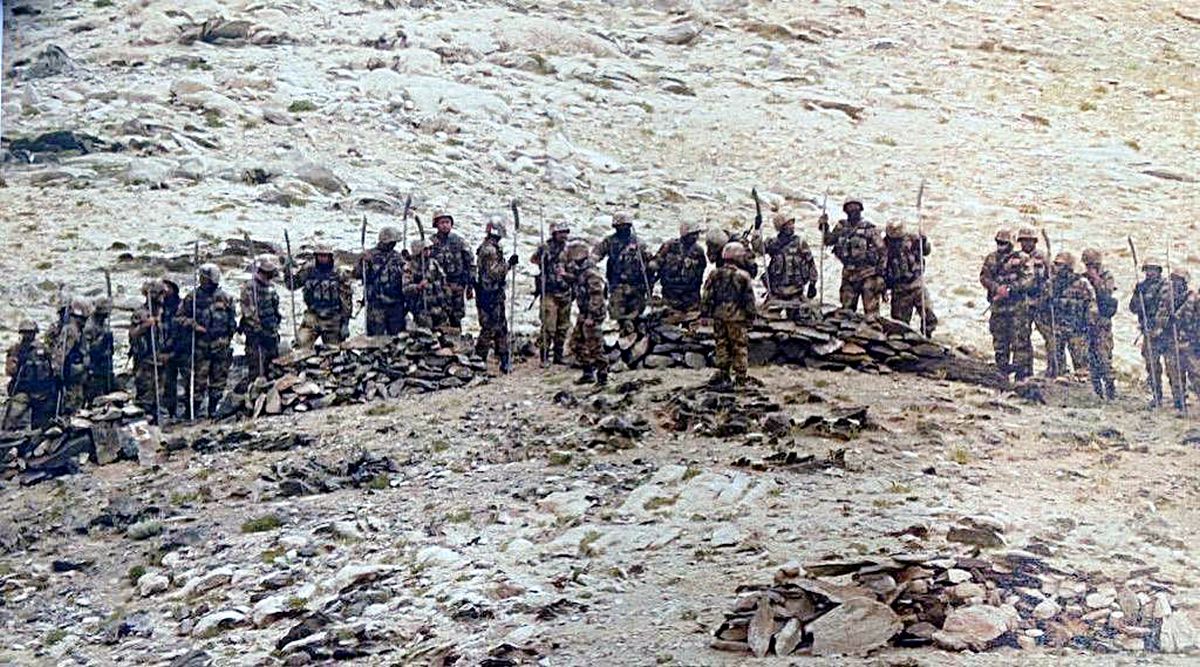China did not observe agreements with India on border issues and that is why there is a "tense situation" between the two neighbours, External Affairs Minister S Jaishankar has pointed out as he explained how Beijing tried to "unilaterally change LAC".

During an interview to Austria's national broadcaster ORF on Monday, Jaishankar said India had agreements with China not to mass force in the border areas.
However, China did not observe those agreements, "which is why we have the currently tense situation that we do", he said while responding to a question.
"We had an agreement not to unilaterally change the Line of Control, which they (China) have tried to unilaterally do," he said.
Replying to a counter question on what if China also says that India did not observe the agreements, Jaishankar said it's difficult for Beijing to say that as the "record is very clear".
"Today, there is a lot of transparency in satellite pictures. If we see who moved the forces to the border areas first, I think the record is very clear. So, it is very difficult for China to say what you have suggested they could," Jaishankar said.
Indian and Chinese troops clashed along the Line of Actual Control in the Tawang sector of Arunachal Pradesh on December 9 and the face-off resulted in "minor injuries to a few personnel from both sides", according to the Indian Army.
It is the first major clash between the Indian and Chinese armies since the fierce face-off in the Galwan Valley in June 2020 that marked the most serious military conflict between the two sides in decades.
The ties between the two countries froze since then with India making it clear that peace and tranquillity at the border is the sine qua non for the overall development of bilateral ties.
The two countries have held 17 rounds of talks so far to resolve the standoff.
Jaishankar arrived in Austria from Cyprus on the second leg of his two-nation tour. This is the first EAM-level visit from India to Austria in the last 27 years, and it takes place against the backdrop of 75 years of diplomatic relations between the two countries in 2023.











